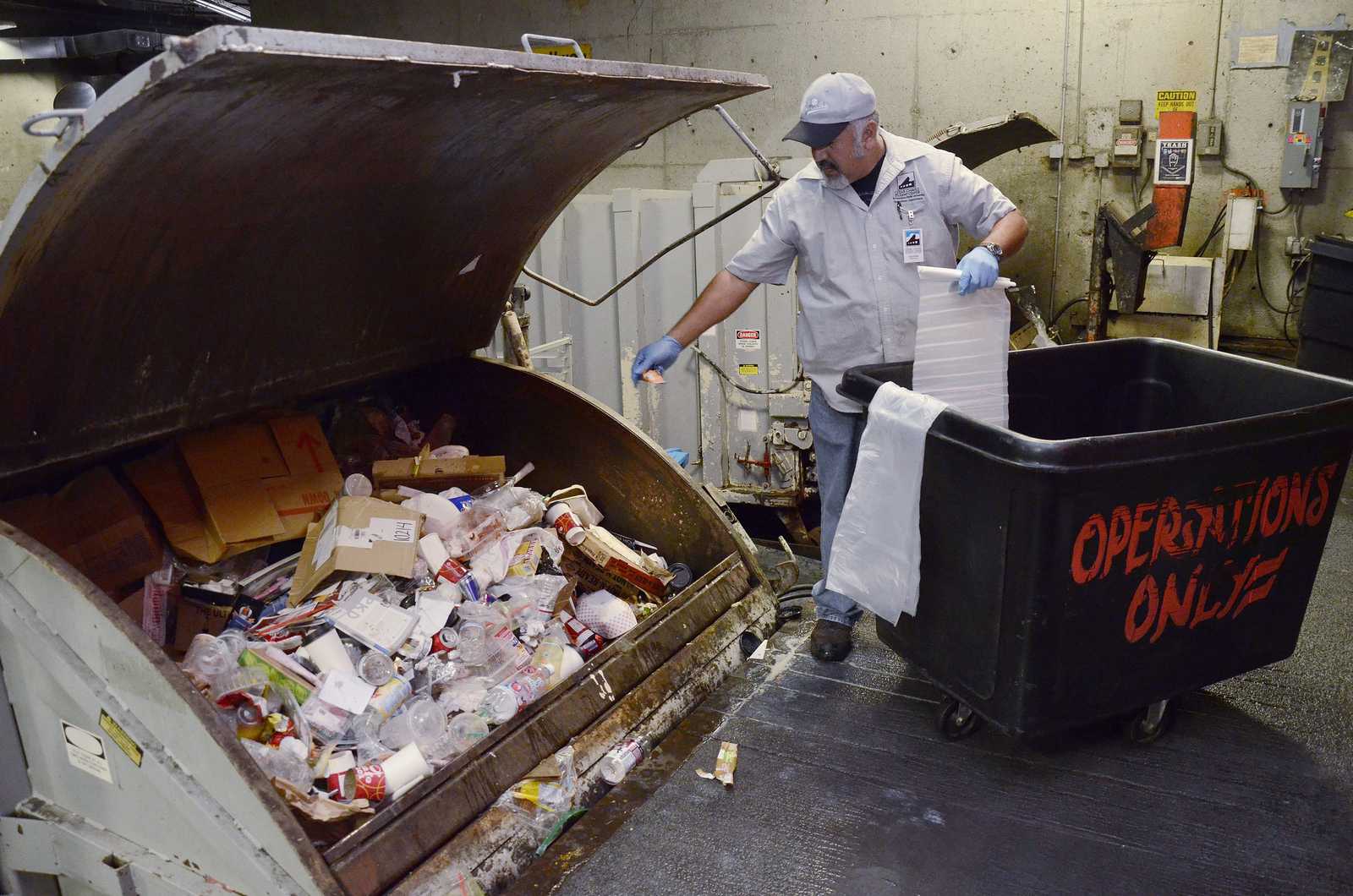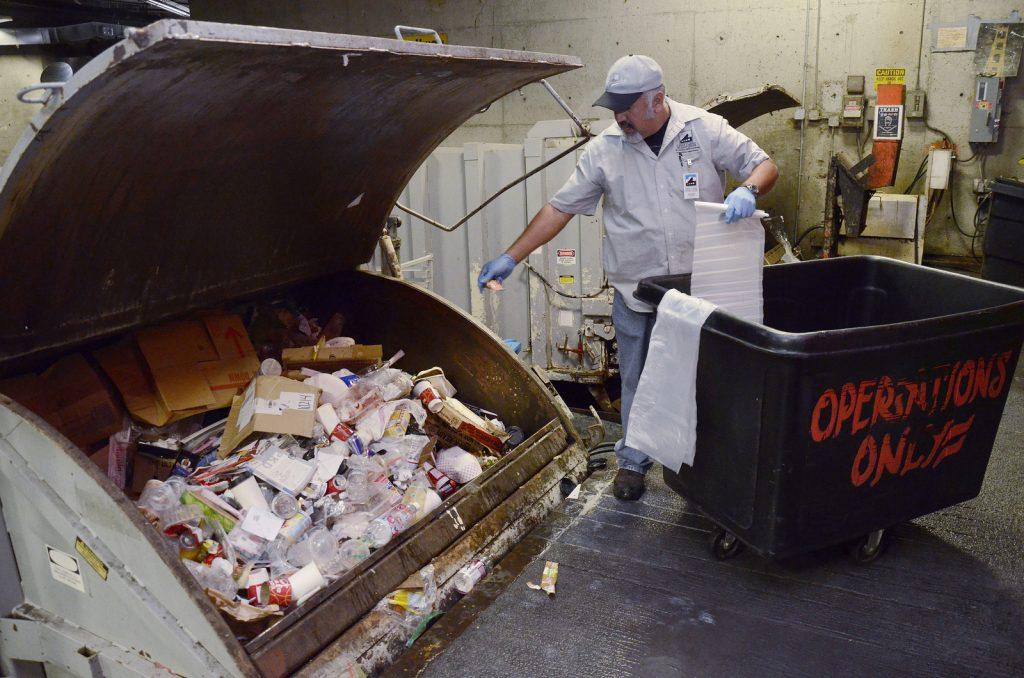[set_id=72157635367610247]
This summer SF State advanced toward San Francisco’s goal of exporting zero waste with the addition of the Office of Sustainability.
Formerly a part of the Physical Planning Department, the office has taken on new importance this summer as it works to improve the University’s sustainability by reducing the amount of waste sent to landfills and educating students about important issues.
“We’re trying to reduce the environmental impact through events and education,” said Nick Kordesch, program coordinator.

The Office of Sustainability may be new to the University, but they have already urged the University to purchase products that are recyclable or compostable, plan to reduce energy consumption and incorporate sustainability into all aspects of the University.
The field of sustainability integrates many disciplines including economic development, the natural and man-made environment, energy efficiency, food systems and water conservation. The new department plans on tackling some of these issues.
Education, however, is the cornerstone to their organization.
The group plans to host campus events like Park(ing) Day, Sept. 18., a worldwide event where artists and activists transform normal parking spaces into very small parks for a day. They also plan to host Campus Sustainability Day, Wednesday Oct. 23, which celebrates the successes of the green movement as well as educate students on future challenges.
Along with theses events, the office works toward reducing greenhouse emissions in coordination with the American College & University Presidents’ Climate Commitment, a network of colleges.
The office has also been working on San Francisco’s goal of zero waste.
In 2009, the city passed a mandatory recycling and composting ordinance that requires all businesses and residences to separate recycling, compostable and landfill waste with the end result being zero waste by 2020.
To comply with this plan the University added compost, recycling and waste bins across campus last September with plans to add more compost bins in residence halls, said Caitlin Steele, the sustainability programs manager.
The University diverts 75 percent of its waste from landfills while the city diverts about 80 percent, said Tyler Wescott, president of Eco Students, the only student-run environmental club on campus.
Eco Students has been a long standing campus group that focuses on educating students on ways to be environmentally friendly . This year they plan to revitalize the garden that sits at the very edge of campus by Mary Park Hall, in hopes that future Gators will be able to enjoy it.
The bins’ arrival, however, came with some confusion.
“I still see people getting it wrong,” Wescott said. “It’s a lack of knowledge.”
That’s where the University comes in.
The University has approved a proposal to require every undergraduate to complete at least one environmental sustainability class, so they can contribute to the goal of zero waste. However, it will only affect incoming students. Current students will not be affected by the change.
“If the students are committed to zero waste, we can achieve it,” said Steele.





